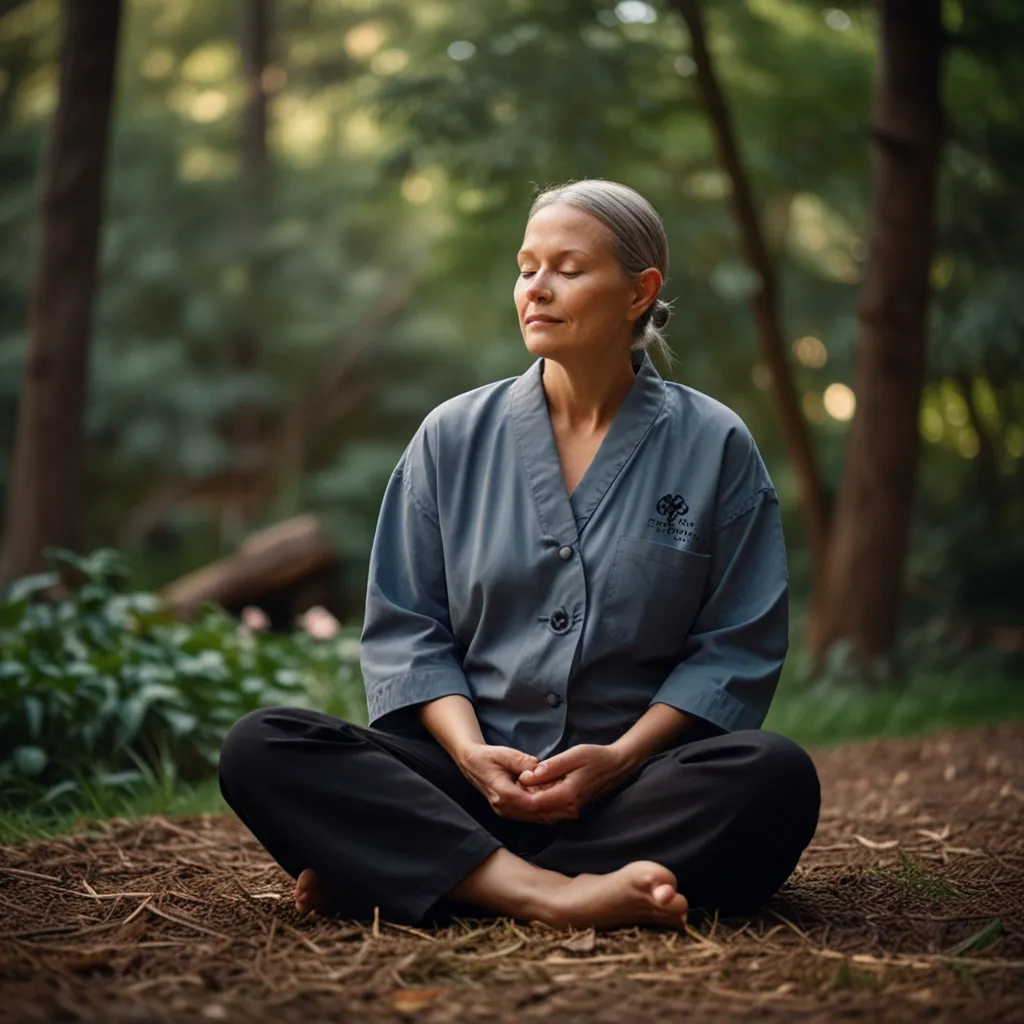Alternative medicine has gradually become a popular choice for many folks battling cancer. It’s crucial to acknowledge that these alternative methods should never replace standard medical treatments. However, they can sometimes offer relief from the symptoms and side effects related to cancer and its treatment. Let’s take a deep dive into how alternative medicine finds its use in cancer care.
Alternative medicine includes treatments that are not considered part of conventional medical care. These methods are often employed instead of standard treatments and haven’t been validated for effectiveness in clinical trials. Think of things like special diets, particular supplements and herbs, hefty doses of vitamins, homeopathy, and devices like Rife machines. Cancer patients might explore alternative medicine for numerous reasons. Some seek fewer side effects, others want more control over their treatment, and for some, natural methods just feel right.
There are several types of alternative medicine that cancer patients might consider. Mind-body therapies are pretty common and work by combining mental focus, breathing exercises, and body movements to relax both mind and body. Meditation, for example, involves focused breathing or the repetition of certain words to quiet the mind and reduce stress. Biofeedback uses machines to help people control bodily functions like heart rate and blood pressure. Hypnosis, too, can assist patients in feeling more calm and open to healing suggestions. Yoga and tai chi are ancient practices that balance the mind and body through stretches, poses, and controlled breathing.
Then there are dietary therapies. While there’s no magic food or diet that can control cancer, a healthy diet is pretty much a given during treatment. It’s vital to have a chat with a healthcare provider about the best foods to eat, as nutritional needs can vary from person to person. Although some folks believe certain diets or supplements can cure cancer, there’s no scientific footing for these claims. In fact, some diets and supplements can counteract cancer treatments, making it essential to consult with a healthcare provider.
Integrative medicine steps in to marry alternative methods with standard treatments. This approach aims to alleviate symptoms such as anxiety, fatigue, nausea, and pain. Acupuncture, for example, involves the insertion of tiny needles into the skin to relieve nausea and pain. Aromatherapy employs fragrant oils for a calming sensation, while massage therapy helps reduce muscle tension and stress. Meditation and relaxation techniques like deep breathing and progressive muscle relaxation can also be pretty beneficial.
While some alternative methods are safe, others can pose risks. That’s why it’s utterly crucial to discuss any alternative treatments with a healthcare provider beforehand. Some alternative treatments might interfere with standard cancer treatments or come with harmful side effects. Take acupuncture, for instance—it’s generally safe if performed by a licensed practitioner using sterile needles but isn’t recommended for people taking blood thinners or those with low blood counts.
It’s fascinating to note that numerous cancer patients embrace alternative medicine. Research shows nearly half of these patients use or have recently used complementary and alternative medicine (CAM). Factors like gender, education level, and the type of treatment received can sway the use of CAM. Another intriguing finding is that some patients delay seeking conventional medical help while trying alternative methods, which can sadly result in a delay in diagnosis and required treatment.
Choosing to use alternative medicine is deeply personal. It’s fundamental to gather credible information and have an open dialogue with a healthcare provider. Patients should weigh the risks and benefits of each therapy to ensure they’re not trading proven treatments for unproven ones. Plus, staying alert for misleading claims and financial interests tied to providers of alternative medicine is super crucial.
In wrapping up, alternative medicine can definitely play a role in cancer care by providing relief from symptoms and side effects. Yet, it’s important to tread cautiously and always consult with a healthcare provider. By blending alternative therapies with standard treatments, patients can carve out a more holistic approach to their cancer care. That way, they can achieve a balanced, informed path that’s aligned with their personal health journey.






